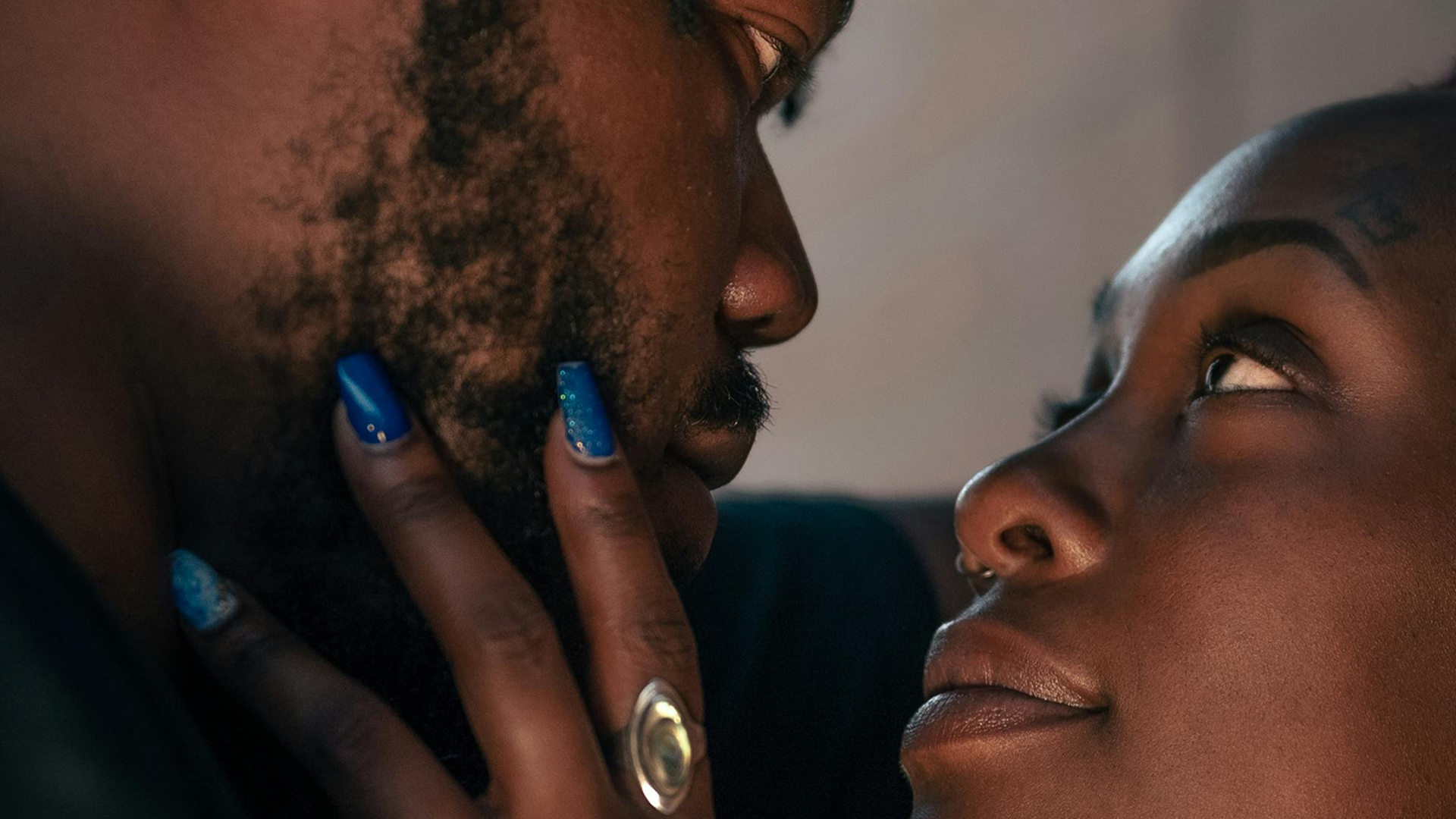
Sophie Mackintosh considers the ways we can support ourselves and each other within consensual non-monogamy.
May is Mental Health Awareness Month, a calendar observance first set in 1949 by the American community non-profit now known as Mental Health America. In its original form, the organization was called the National Association for Mental Health and was founded in 1909 by a man named Clifford Whittingham Beers—according to their website, it was his attempt to reform a broken system that he personally saw was full of institutionalized abuses against people in need of compassionate care.
Today MHA encourages people to spend May paying close attention to the way their own mental health, as well as the ways their environment and their communities contribute to and benefit from careful, sensitive, and inclusive care. This is a worthy aim, and within it comes questions that require their own attention: how do we define a term like mental health? What are the individual responsibilities to take care of ourselves, and how can that be possible in a world with so many systems that prevent us from living with safety, autonomy, and joy?
In her regular column, Sophie Mackintosh talks about burnout and emotional labor, two concepts that have become frequent topics of conversation in a number of different arenas: on social media, therapeutic practices, in writing and in our group chats. The resonance of these questions—what do we owe one another, and what do we owe ourselves—has taken on new meaning throughout the pandemic, and as we contemplate a future in which all kinds of new relationship models might be possible they also take on new urgency. Without paying real attention to ourselves and our feelings, as well as those of our lover(s), we put ourselves at risk of burnout. How do we remain honest about our boundaries and what they mean to us? Below, Mackintosh considers the question from different angles.
Looking after others and ourselves is a vital, constantly evolving experience. It’s often a surprising one, too—one of learning where our comfort and energies lie, and of how to accept consensual non-monogamy as a whole experience that has the possibility for both joy and potential pain. While we can’t always avoid the unexpected, through boundaries and care we can ensure that we treat ourselves with respect, as well as those we care for.
Maybe part of the problem with burnout in CNM is that it can feel hard to admit that it can be hard. I know that I have felt pressure to be positive about my experience at all times—mainly because it has actually been positive, but also as a way to stave off the judgment of others. But with new kinds of relationships come new problems. How do we navigate falling in love with someone else when we’re in love already? What about if we experience multiple breakups in close succession, or we feel guilty for ‘needing’ too much from a partner? What about those moments when we might feel, like we are somehow doing something wrong for having feelings at all, or going through a difficult patch, or even feeling like you’re not dating ‘enough’? These are all new questions which come with their own confusing emotional weights, and no easy answers.
While we might think of emotional labor as primarily tending to the needs and feelings of others, more and more I realize that protecting ourselves is also a kind of emotional labor. To remain alert to shifting dynamics, to communicate and to analyze your own feelings, can feel exhausting. We’re also not necessarily used to doing it, or to recognizing how it makes us feel. If we have a tendency to people-please in relationships we might not even know how to be truly honest with ourselves, and about what we want. It’s difficult to be as honest with ourselves as we hope we might be—to admit that we want, that we are vulnerable. And bad behavior, too, isn’t always as obvious as we hope it might be, whether we are displaying it or experiencing it from a partner.
In the same way, boundaries—the partnered concept to emotional labor in so many ways—can require their own form of effort. We can become complacent with our own boundaries in dating: while we can theoretically understand the importance of not stepping over other people’s, as well as of asserting our own, boundaries can easily be misused. We can enforce very strict ones on others under the justification of protecting ourselves, or, conversely, we can disregard our own needs to pretend we want nothing and overstate our self-sufficiency.
It’s difficult to know sometimes where the boundaries between protecting ourselves and inflexibility can lie. All consensual non-monogamy comes with something of an out—a reductive reading would be that anchor partners take care of each other, and dates take care of themselves. If we take the view that we can just outsource the elements of a relationship that we’d rather not deal with, (or find ourselves the ones told to do the outsourcing), at which point does this become problematic? Justifying that we don’t have to provide something to a partner because they can get it elsewhere can work well, if it's communicated with honesty and compassion. Yet it also can tip over into withholding, or into laziness even. Is truly and equitably intimacy possible without a degree of compromise—without opening ourselves up somewhat, and moving past our comfort zones if necessary? And how much discomfort is intimacy worth? How much emotional labor are we willing to take on, rather than hand it to the other partner? We can’t entirely control our experience of non-monogamy, and of intimacy itself. We might decide that we want to portion off ourselves and take steps to date within our own strict parameters—and that can be totally fine, as long as everyone is on the same page. However, pages can turn. Situations develop; feelings are unpredictable. As with any experience that opens you up (even if reluctantly), the unexpected can happen, and our inflexibility can hurt others, as well as ourselves.
How, then, do we protect ourselves, assert our boundaries, and all the while remain fair to our partners? Perhaps the first step is to ask ourselves what drew us to these new forms of relationships in the first place, what we’re actually seeking to find. Most of us have internalized certain ideas of how a relationship should be, and it takes a great amount of courage to imagine something different; many of us have, too, looked outward to see examples of relationships that challenge our understandings of intimacy, and tried to imitate or learn from what we find there. Within those answers is a wealth of interiority—and most likely the answer to other questions about what our boundaries honestly are, versus what we think they are. What elements of ourselves do we need to keep to ourselves, and which do we wish to give? What could our connections look like with those boundaries in play?
Above all else it helps to figure out why. To explore ourselves, if we are comfortable doing so, whether the parts of life and of ourselves we don’t wish yet to share with another come from positive choices, or from fearful ones. To ask ourselves: what would a healthy partnership look like for us, no matter how unconventional, if we weren’t self-conscious about the answer?
It’s easy to default to the critical voice in our head rather than check in with ourselves. To differentiate the noise from our honest feelings, our physical sensations, our head and heart and gut is always a struggle. Still, that struggle is worth it when it comes to being fair to ourselves and others. After all that self-reflection, we can better understand whether we feel we are being fair to our partner(s), whether we think we are offering them enough, how their needs are doing, whether they need something else from us or something else altogether.
For all the talk of burnout, of protecting ourselves, and the potential costs of protecting ourselves, one of the most wonderful elements of non-monogamy is that you can also feel supported and loved by multiple humans. It’s not always as simple as being immersed totally in either scenario; things shift, situations take on new dynamics and refractions, and often we’re dealing with a bit of both. It forces us to ask how much something is worth. Does the support and energy and love I’m receiving make up for the moments where I’m feeling burnt out? Is this feeling true pain, or some discomfort I am happy to sit with and process? Rather than automatically being a situation where burnout is inevitable, consensual non-monogamy can be experienced as a place of abundance, of friendship and affection. Being honest about what we want, what we can provide, and what we expect from others can help us stay in this state of exciting, generative connections—to grow as individuals and as a community.


